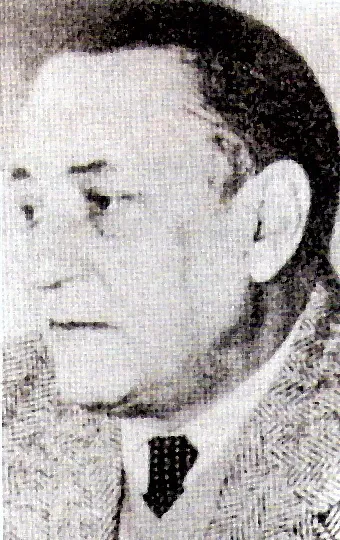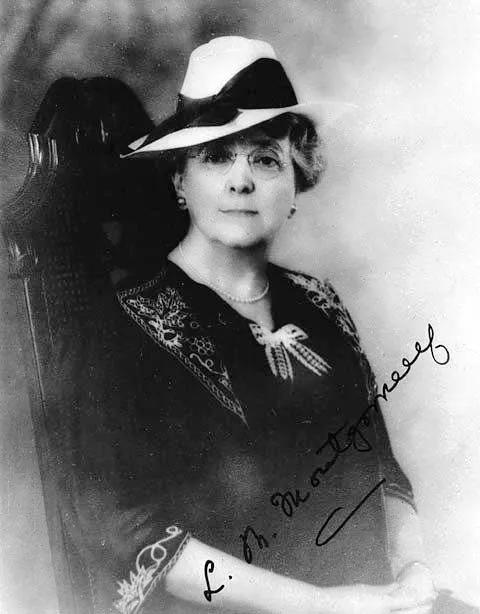
Name: Alejo Carpentier
Nationality: Swiss-Cuban
Profession: Musicologist and Author
Birth Year: 1904
Notable Work: The Kingdom of This World
Literary Style: Magic realism
Death Year: 1980
Alejo Carpentier: The Swiss-Cuban Musicologist and Literary Pioneer
Alejo Carpentier, born on December 26, 1904, in Lausanne, Switzerland, is best known as a prominent Cuban novelist, essayist, and musicologist. His literary contributions not only shaped Latin American literature but also provided profound insights into the interplay of music and culture. Carpentier’s unique upbringing, with a Swiss father and a Russian mother, facilitated a rich tapestry of influences that would inform his passionate writings.
This duality of cultural exposure allowed Carpentier to develop a distinctive narrative style that combined realism with the magical elements of Latin American folklore. His most notable works, such as "The Kingdom of this World" (1949) and "The Lost Steps" (1953), reflect the vibrancy of Caribbean life and the struggles of its people.
In addition to his literary prowess, Carpentier was a fervent musicologist. His deep engagement with music was not merely a hobby; it infused his literary works with profound rhythmic and thematic resonance. He wrote extensively on music, analyzing its sociopolitical implications and its role in the cultural identity of Latin America. His essay "Music in Cuba" (1949) is a testament to his scholarly exploration, where he intertwines his knowledge of music with historical and cultural contexts.
Carpentier moved to Cuba with his family at a young age, and his experiences during the political upheavals in Cuba greatly influenced his writing. His critique of colonialism, exploitation, and the struggles against tyranny permeates his works, reflecting the complex landscape of Caribbean history. He was also a prominent figure during the Cuban Revolution, aligning himself with Fidel Castro's government, which allowed him to explore and express his revolutionary ideals through his literary voice.
Throughout his life, Carpentier received numerous accolades for his contributions to literature and musicology. In 1979, he was awarded the Miguel de Cervantes Prize, one of the most prestigious honors in Spanish literature, recognizing his impactful legacy.
Despite his significant achievements, Carpentier's life was also marked by tragedy. He passed away on April 24, 1980, in Paris, France, leaving behind a rich literary and musical heritage that continues to inspire writers and musicians around the world.
Today, Alejo Carpentier is remembered not only for his literary brilliance but also for his profound understanding of music and its relationship with culture. His works serve as a bridge connecting the past with the present, illustrating the enduring power of narrative and rhythm in shaping societal identities.







